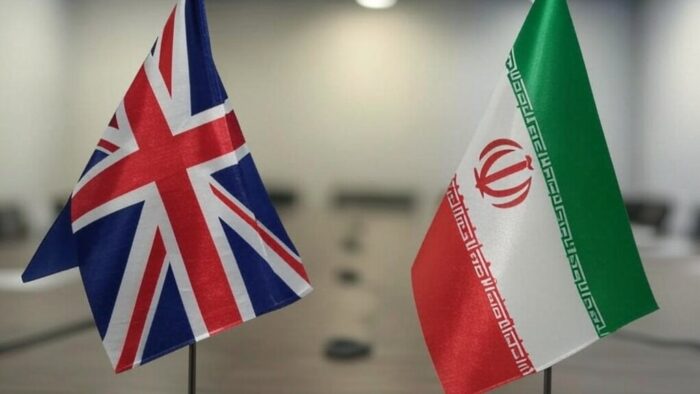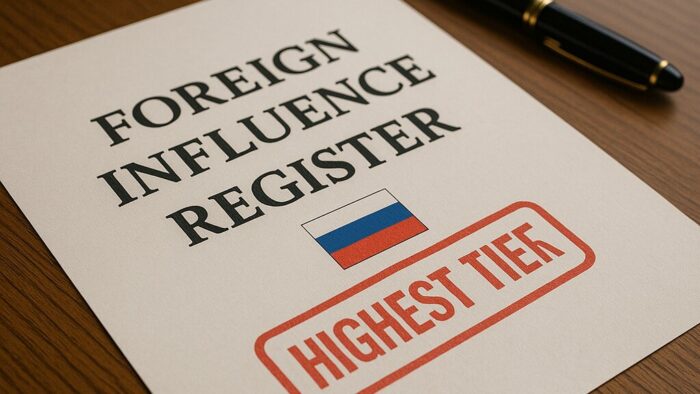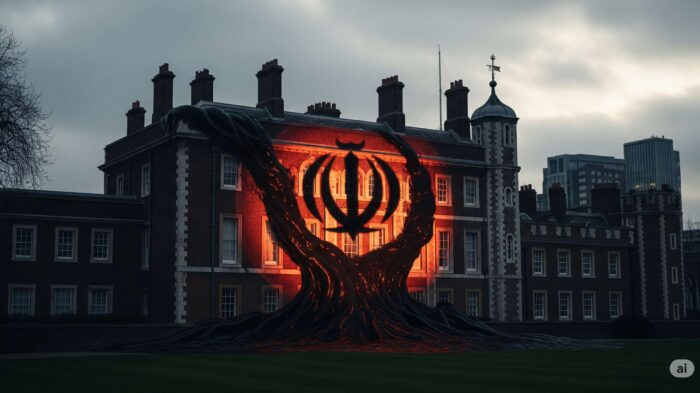A foreign influence registration scheme has been officially launched by the UK, aiming to increase transparency and counter foreign interference in domestic affairs. On 1 July 2025, GOV.UK reported that the scheme required individuals and entities to register certain arrangements with foreign governments. The article begins:
The UK government has launched a new Foreign Influence Registration Scheme (FIRS) to increase transparency of foreign influence in UK politics and public life. The scheme requires certain individuals and entities to register arrangements with foreign governments or overseas entities that seek to influence UK political or public life. The new requirement is part of the National Security Act 2023, which aims to counter hostile state activity and protect UK interests. The scheme will be overseen by the Home Office, with support from law enforcement agencies. It is designed to help the UK better understand and respond to foreign interference. The government has stated that the scheme will not restrict lawful advocacy or lobbying but will ensure greater accountability.
Read more: https://www.gov.uk/government/news/uk-launches-foreign-influence-registration-scheme
Key Points
-
The foreign influence registration scheme mandates registration for certain foreign arrangements aimed at influencing UK politics.
-
The initiative is part of the National Security Act 2023, targeting hostile state activity and protecting national interests.
-
The Home Office and law enforcement agencies will oversee compliance and enforcement of the new regulations.
-
The scheme aims to increase transparency while allowing lawful advocacy and lobbying to continue.
Foreign Influence Operations in the United Kingdom: Threats and Countermeasures
Foreign influence operations in the UK are increasingly complex, with state-backed actors employing a mix of ideological, political, and operational strategies to shape public discourse and policy. The UK government has responded to these challenges by moving to place Iran on the highest tier of its Foreign Influence Register, reflecting heightened concerns about Tehran’s aggressive political influence activities. Russian influence operatives have demonstrated a willingness to use bold, high-level schemes abroad, with similar tactics—including digital campaigns and leveraging diaspora networks—observed in UK-focused operations. Meanwhile, China’s united front system operates extensively within the UK, utilizing elite capture, diaspora organizations, and media influence to shape public discourse and pressure institutions.
Recent governmental countermeasures have included a cap on foreign ownership of British newspapers, a move intended to support the industry but raising concerns about editorial independence and external control. Debates over capping political donations continue, with proposals being made to limit how much individuals and companies can donate to political parties. Expert assessments highlight the ongoing risk of foreign interference through both overt and covert means, emphasizing the need for vigilance and robust safeguards to protect the UK’s democratic integrity.
External References:
-
UK to allow foreign states 15% stake in newspapers – BBC News
-
Government may cap UK political donations to limit foreign influence – The Guardian
-
Assessing the risk of foreign influence in the UK – GMFUS
Disclaimer:
The Global Influence Operations Report (GIOR) employs AI throughout the posting process, including generating summaries of news items, the introduction, key points, and often the “context” section. We recommend verifying all information before use. Additionally, images are AI-generated and intended solely for illustrative purposes. While they represent the events or individuals discussed, they should not be interpreted as real-world photography.











